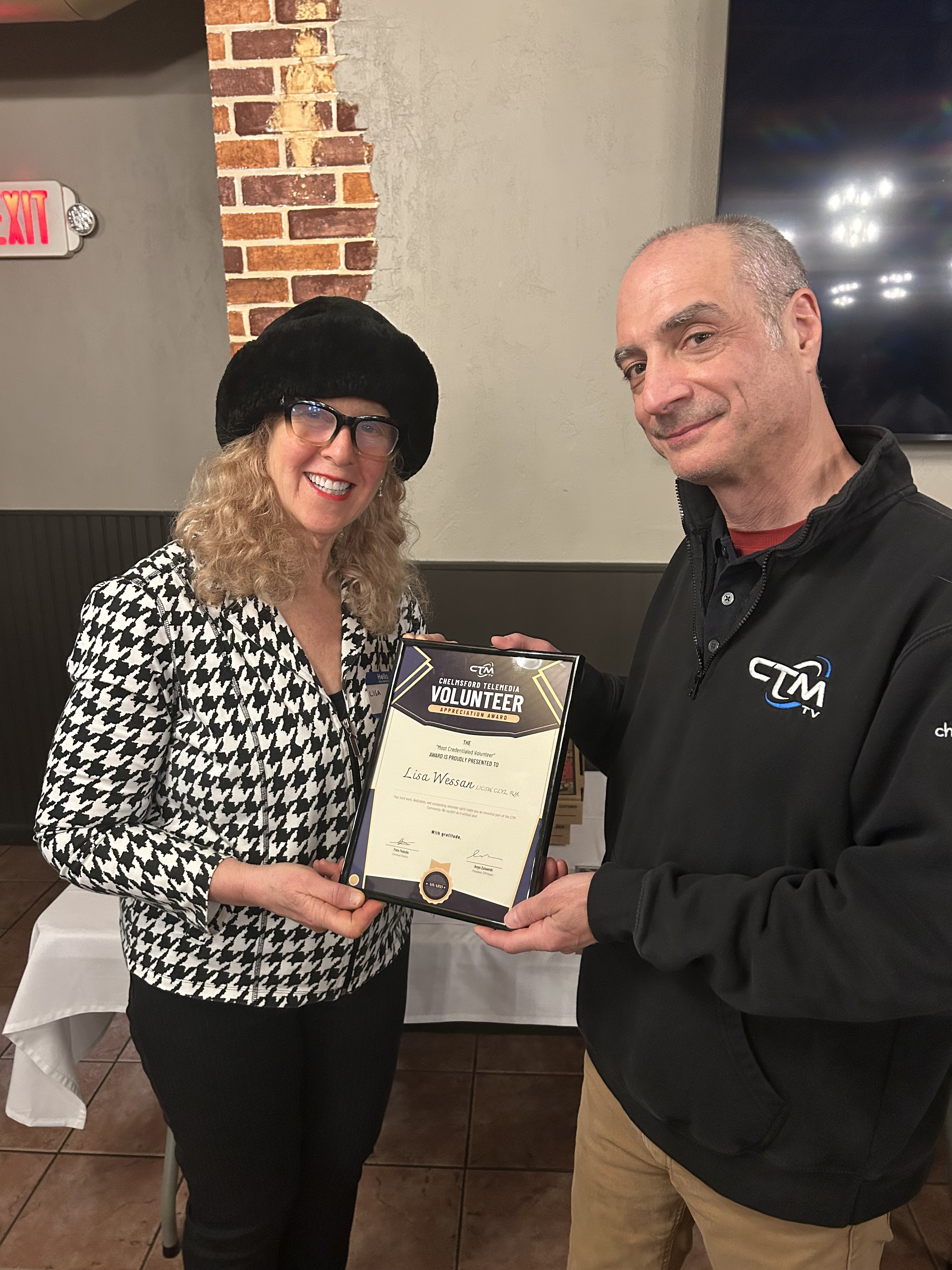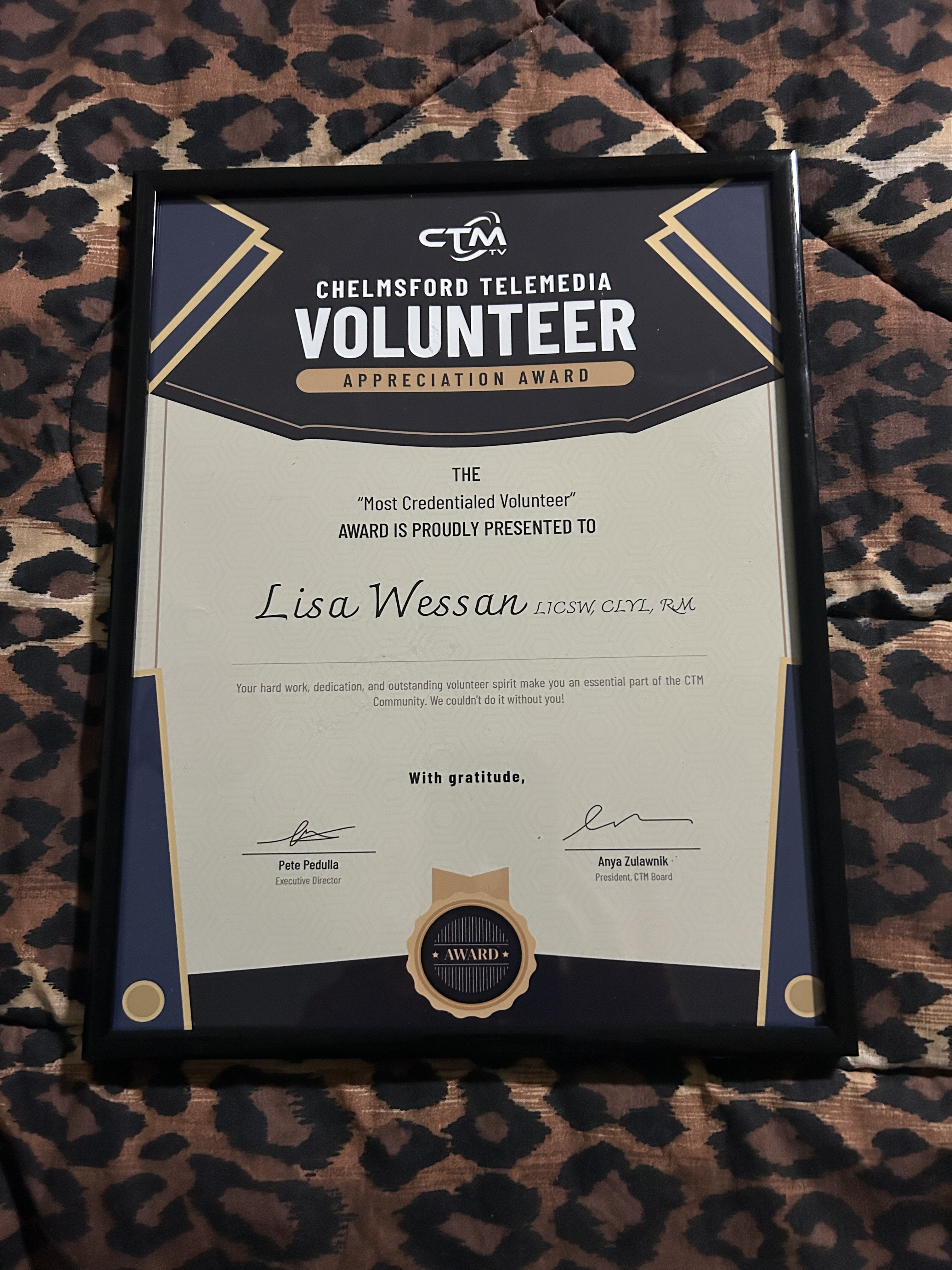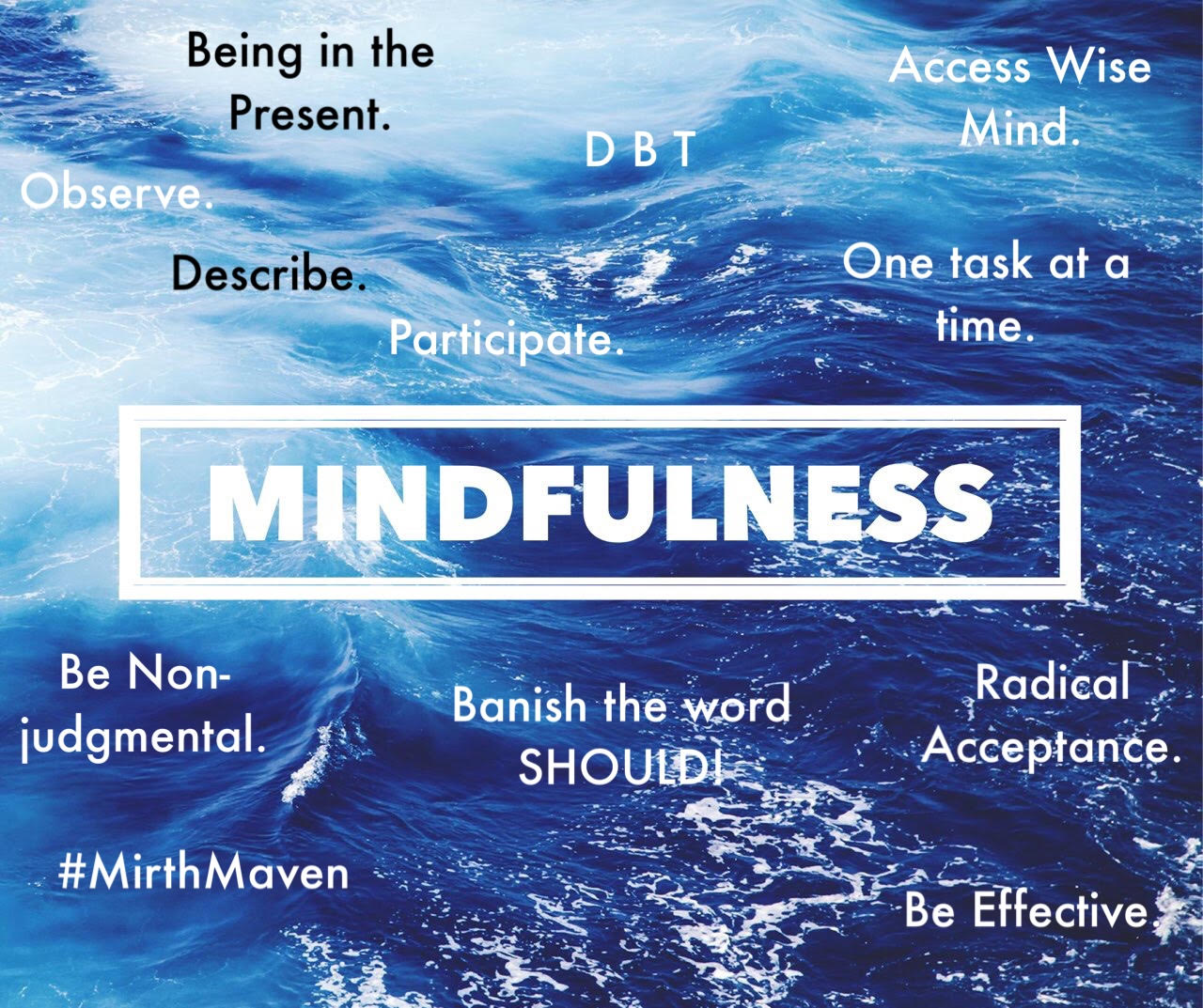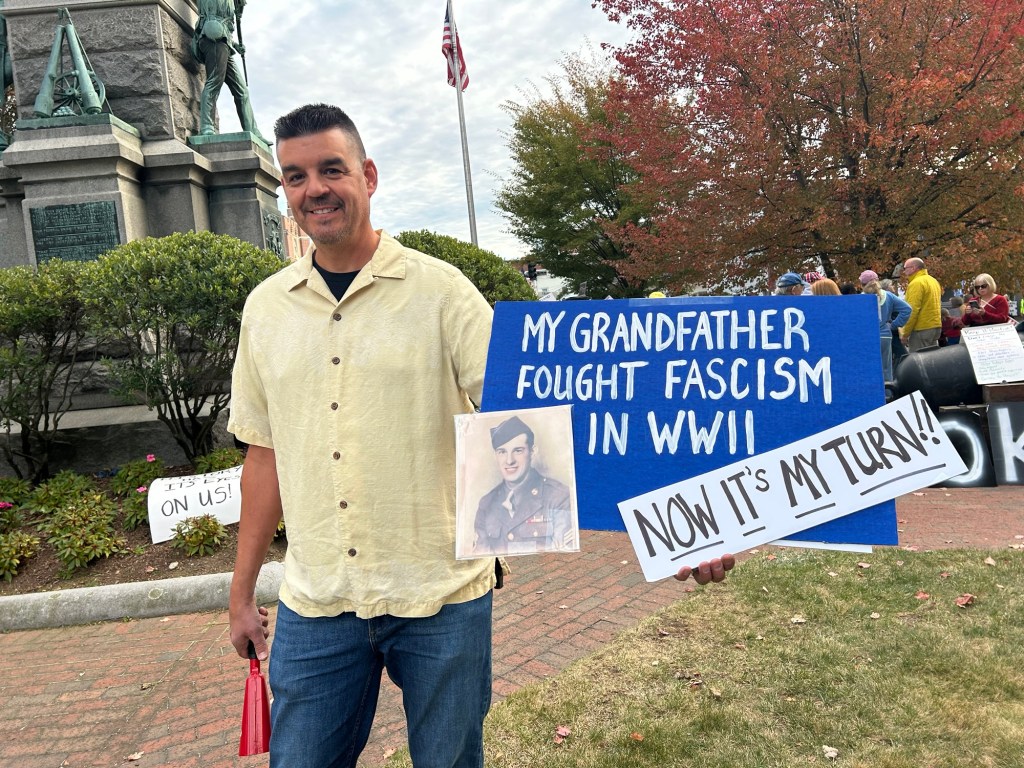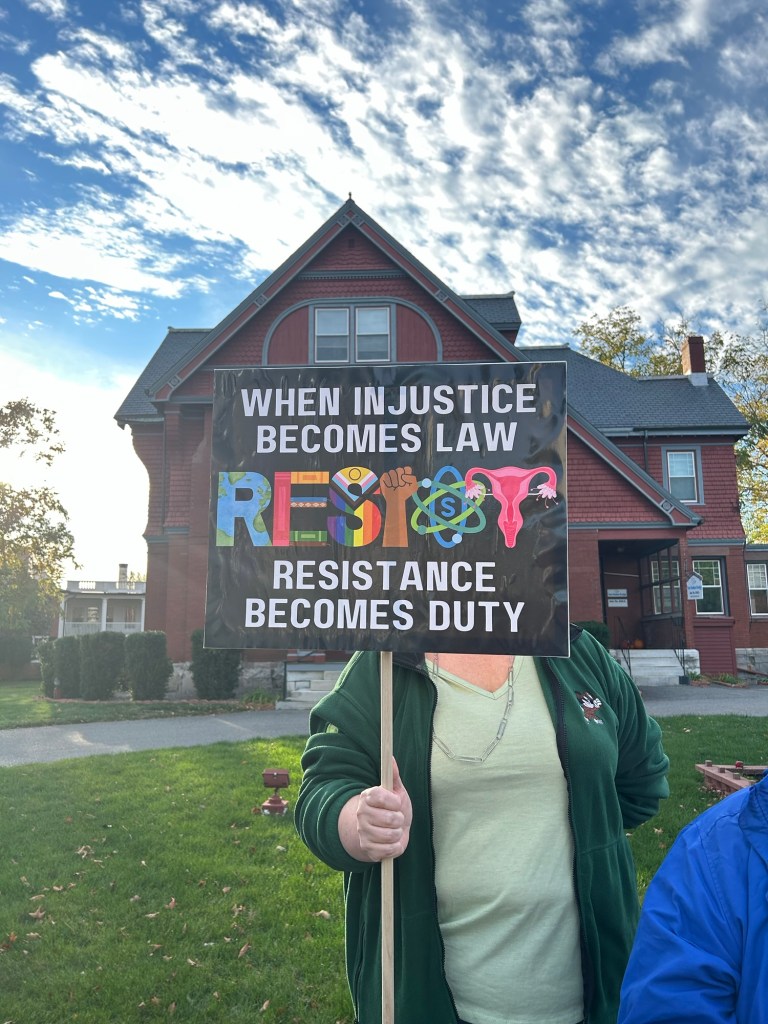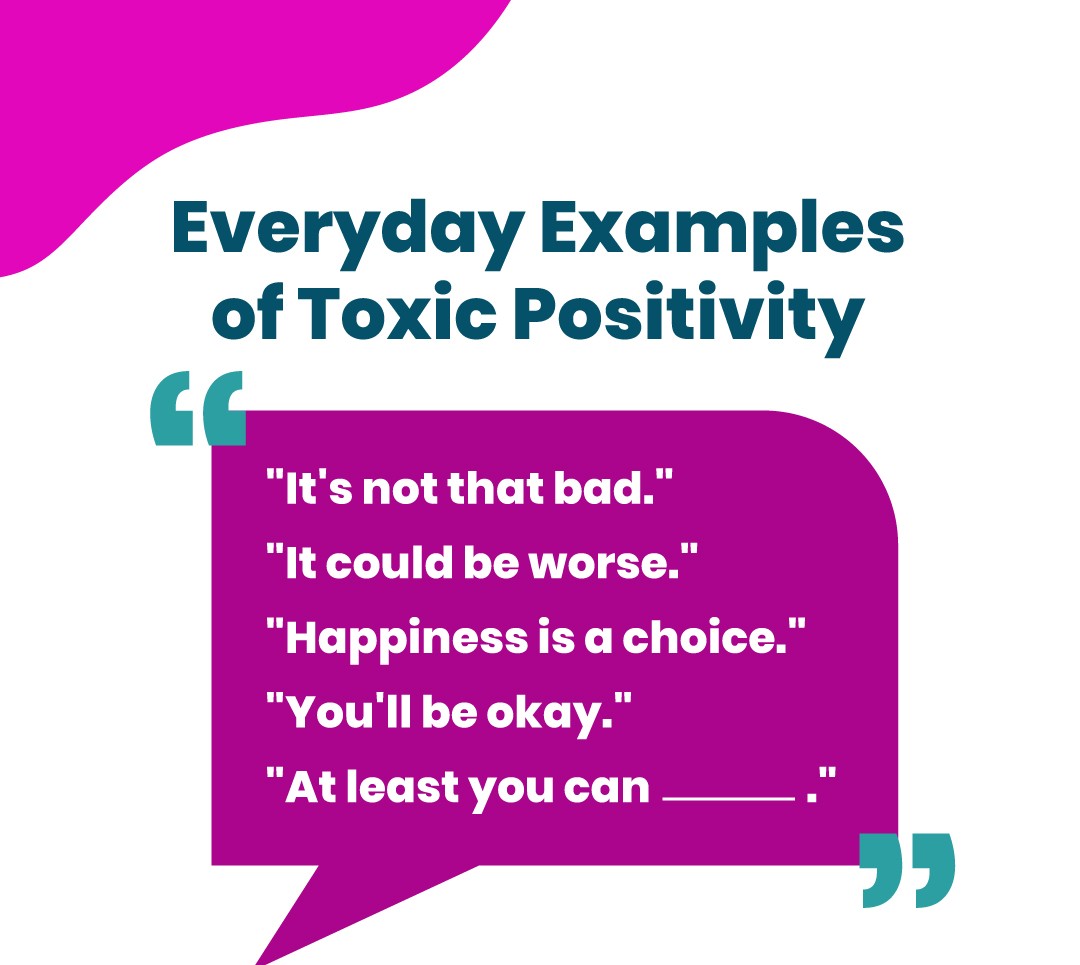
Katie Couric spoke to a therapist about how she grieved her husband Jay’s death, the dangers of toxic positivity and the benefits of negativity.
— Read this excellent piece katiecouric.com/health/dangers-of-toxic-positivity-benefits-of-negativity
Notes on Toxic Positivity:
🌀Couric’s article reminds me of the importance of doing daily negativity maintenance to release and let go of your unexpressed grief, rage, disgust and other negative feelings. You cannot do a Spiritual or Cognitive By-Pass and remain healthy and well.
🌀Tears are the language of grief, and messy, hard crying jags are on the road to wellness.
🌀 At the same time, you need to learn to practice Grief Etiquette with what you share and with whom. Sometimes it is necessary to set boundaries with people who want to share ongoing, chronic painful issues without solutions. For example, I have one friend who was telling me too much detail about her pimples and boils, the popping and picking stories were wearing me down. After MANY YEARS of listening to her, I just could not listen anymore. I finally got up the courage to tell her “I love you, I care about you, but I don’t want to hear about your skin issues at the granular level. Just tell me the headlines, and new treatments or solutions you are working on, that’s all I can hear.” She was hurt at first, and complained that I “wasn’t being a good friend.” After a few awkward weeks, my friend eventually accepted my boundary and our friendship proved to be sustainable even with my new and improved boundary setting practice.
🌀After reading this article, I will never again say “Everything happens for a reason” (out loud). Mea culpa, mea culpa…

🌀Am I too positive? I have learned the lesson that “what I focus on increases, where the attention goes, energy flows.” So yes, I usually veer towards focusing on the positive – because I want to manifest a better future (but I can also generate intense negativity on a dime!) I’ve learned that “thoughts become things,” so it’s worthwhile to be mindful of your negative thought streams. Yet I do not want to be toxically positive either! Couric taught me to allow more time for friends to dwell on their losses before moving into the solution focused mindset, or not at all. Sometimes people just want to talk.
🌀I have been on the receiving end of toxic positivity too, and I don’t like it. There are loving people in my life who have basically said, “You can’t be having this much trouble, it can’t be that bad. You can do anything!” (whatever the challenge is) This kind of statement – meant to be validating and uplifting – is actually invalidating of my feelings and hurtful. Listening is loving. In the best scenario, it’s good to hear the pain, and then eventually approach solutions. Again, I think the toxic positivity rises when a person insists on forcing solutions too quickly.
🌀The science on this says that complaining is good for releasing the anxiety and tensions. In trauma work, it is commonly accepted that “the issues are in our tissues,” (van der Kolk, 2020), so we need to find ways to release and let go of those issues. If we don’t, that’s when we start somaticizing and develop illnesses from our unexpressed grief and negative thoughts.
🌀 In my dialectical world (DBT), I have learned to embrace the paradox of life being both amazing and harsh. Glennon Doyle said it best, “Life is both beautiful and brutal, it is BRUTIFUL!” (Doyle, 2020) The truth is none of us escape the challenges and plot twists of life. There is a Buddhist proverb that says everyone gets 10,000 Joys and 10,000 Sorrows, no exceptions. Tall, short, thin, fat, rich, poor, we all move through the 10,000 Joys and Oys of life. The key is to embrace the tough phases, using the tools of Radical Acceptance, Self-Compassion. Impermanence and Coping Ahead.
Just for today, I want to challenge you to practice being as authentic as possible, to improve your health and longevity. Start allowing yourself to release and let go of the negative streams of thought, knowing that once you clear it out solutions will arise. Then you can look for the good, be ready for the new insight, idea or fresh suggestions that come your way.

REFERENCES
Untamed, by Glennon Doyle (2020)

